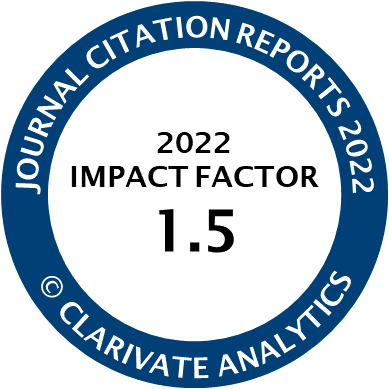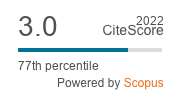Article | Open Access
Demystifying Subjective Well‐Being of Academically At‐Risk Students: Case Study of a Chinese High School
| Views: | 1579 | | | Downloads: | 912 |
Abstract: Student subjective well‐being (SWB) is increasingly incorporated into today’s education policies and positive education movements. There is a growing interest in how well schools promote student well‐being, especially for disadvantaged students, e.g., the academically at‐risk, and which factors affect this process. This study investigates how teachers and academically at‐risk students perceive SWB and its influential precursors in a high school in China. The influential precursors in the present research were allocated into four dimensions, namely contextual factors, school factors, family factors, and individual factors. Via semi‐structured individual interviews with 12 teachers and 18 students for about one hour and content analysis of the interview data, the responses revealed that while students tended to have a superficial understanding of well‐being, traditional concepts about studying, blind filial piety, peer relations, and self‐efficacy were important factors shaping and influencing their SWB. These findings can inform the development of inclusive education policies concerning student SWB and the intervention and prevention systems of schools in both local and international contexts. Recommendations for organising lectures for parents and implementing programs providing instruction on SWB‐related skills for students are proposed to support academically at‐risk students, aiming to achieve the educational goal of success for all.
Keywords: academically at‐risk students; China; inclusive education; sociology of education; subjective well‐being
Published:
© Tianjun Cheng, Jin Jin, Junjun Chen. This is an open access article distributed under the terms of the Creative Commons Attribution 4.0 license (http://creativecommons.org/licenses/by/4.0), which permits any use, distribution, and reproduction of the work without further permission provided the original author(s) and source are credited.




